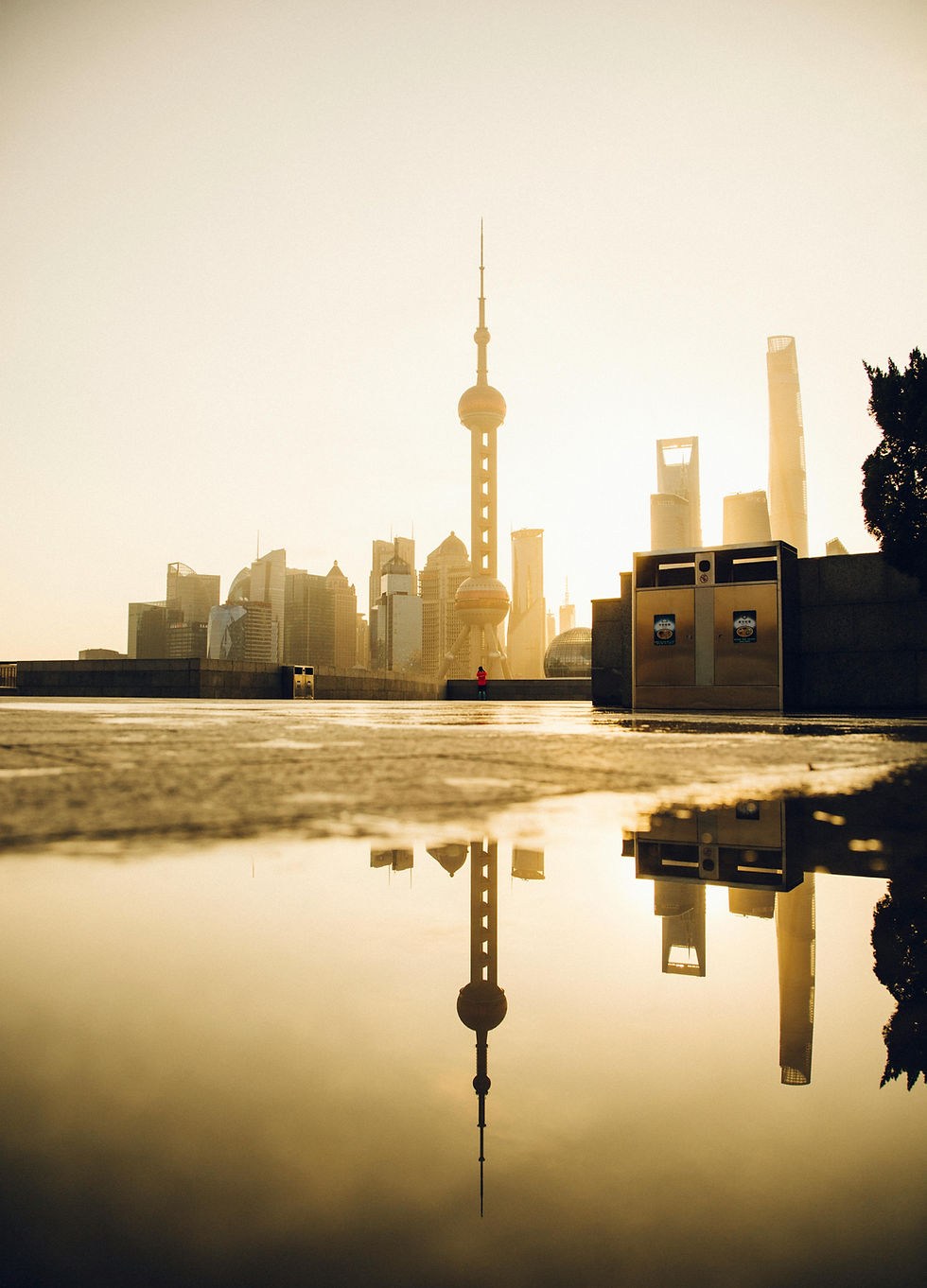Revisiting DiCaprio’s The 11th Hour
- Citizens' Platform

- Mar 6, 2025
- 3 min read

The reason to rewatch documentaries like these, is that climate change denialism is spreading fast among Western elite, including the US government
By Alberto Sclaverano
Famous actor Leonardo DiCaprio is not estranged from the environmental cause, having spent decades of his life promoting the importance of fighting the climate crisis and caring for our planet. He has produced and narrated several documentaries and has appeared in various fiction and non-fiction movies dealing with the subject.
The most recent is, of course, the satirical science-fiction comedy Don’t Look Up (2021). But the film that had DiCaprio more directly involved is without doubt the 2007 documentary The 11th Hour, which the Titanic actor co-produced, co-wrote, and narrated. DiCaprio wanted as the movie’s directors’ sisters Nadia Conners and Leila Conners Petersen, founders of the production company Tree Media Groups, which aims to promote through movies themes connected to the environment and human rights. The film could be DiCaprio's version of Al Gore’s An Inconvenient Truth, which was released the year before. But while the two films share some similarities, the approach to the matter is different. Gore’s picture was a one-man show, in which the former US Vice President was front and center of everything, explaining the data and guiding the public through his constant on-screen presence.
DiCaprio, on the other hand, chooses to focus mainly on the narration aspect of the documentary, and, alongside the two directors, prefers to let several prominent guests speak. The 11th Hour features an impressive collection of opinions and reflections by more than fifty well-known activists, politicians and famous scientists. The speakers include figures such as the theoretical physician Stephen Hawking, former Soviet Union President Mikhail Gorbachev, the American
architect William McDonough, Canadian biologist John Todd, Kenyan social and environmental activist and Nobel Peace Prize-winner Wangarĩ Maathai, the investigative journalist Kenny Ausubel, and many others. The movie tries to tackle Earth’s problems from different sides. The topic is approached from different sides, and several problems connected to the climate crisis are depicted. From
deforestation to the loss of biodiversity, from massive air pollution to the damage produced by the increase of microplastic in the Oceans, the film proposes a gallery that should activate an alarm clock in each viewer. It also suggests many solutions and strategies to deal with the environmental crisis, stressing the importance of conservationism, organic farming and the need to reduce CO2 emissions. The film also calls for the use of newly available technology and scientific instruments to deal with the climate crisis and reduce the human ecological footprint on the planet.
In the following years, DiCaprio would have continued his commitment to the environmental battle producing and narrating other similar movies, like Before the Flood (2016). The main problem, and the reason to rediscover and rewatch documentaries like these, is that we live in a political environment in which climate change denialism is spreading fast among an increasing portion of the Western elite, including the head of the US government. And while global leaders become increasingly skeptical about the environmental crisis, the “11th Hour” from which the movie takes its title, becomes even closer. It’s the last moment in which we can do something to reverse the clock and avoid an ecosystem collapse. Unfortunately, some declarations by certain world leaders have us thinking that we are sleepwalking into a global catastrophe.









Comments